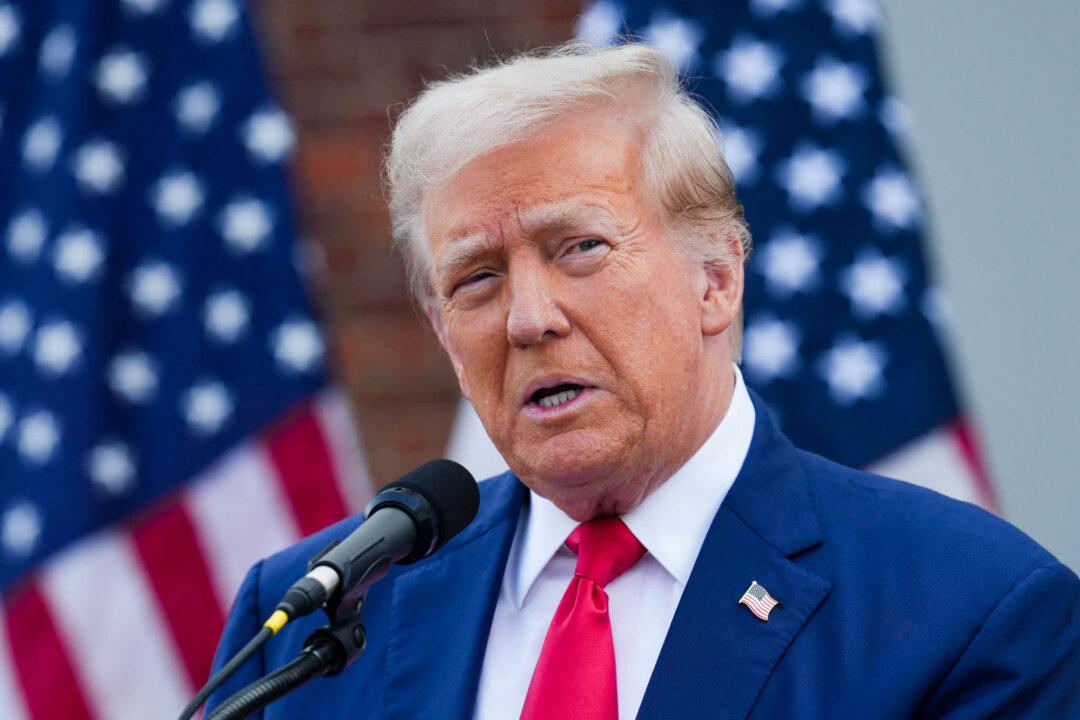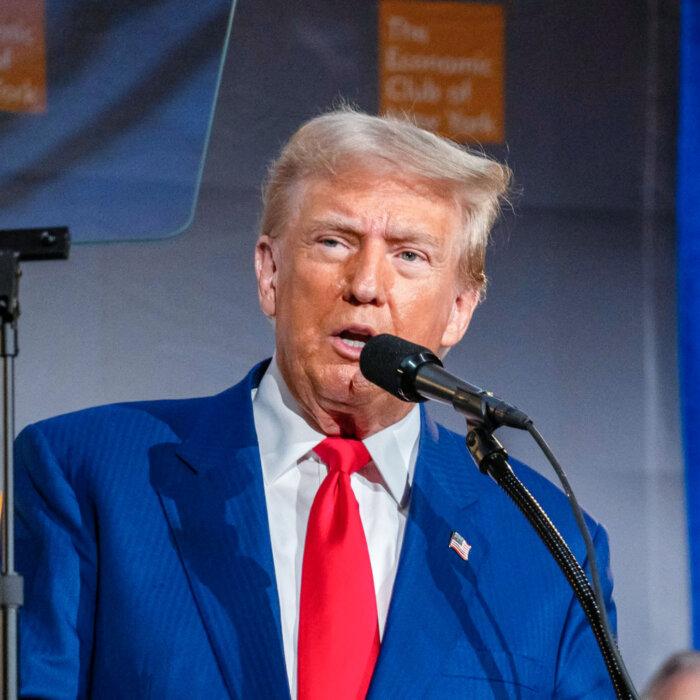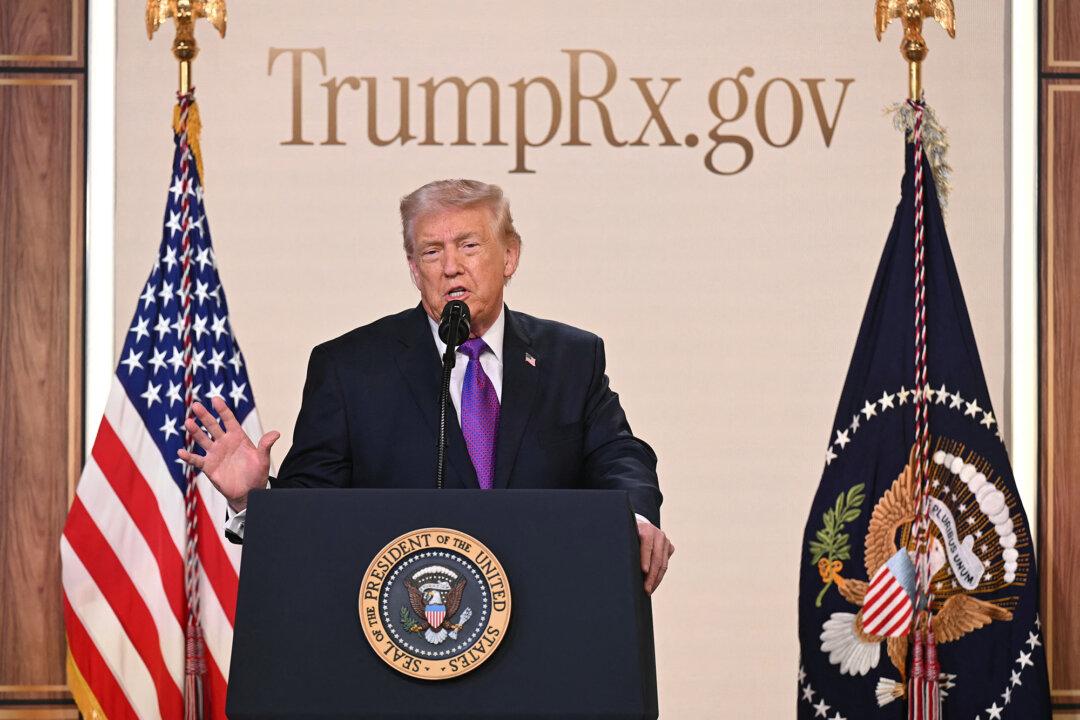Another win has been claimed by former President Donald Trump in his Georgia election interference case as the presidential elections draw near.
A federal judge on Sept. 12 found that prosecutors—relating to the charge of allegedly filing false documents in a federal court—did not have the authority to bring these charges against Trump.
Federal Judge Scott McAfee dismissed two counts against Trump and one count against his allies.
Trump, along with 18 others, had been initially charged on Aug. 14, 2023, with 13 counts of trying to overturn the 2020 presidential election results in the state of Georgia. Fourteen of those had pleaded not guilty.
Three counts were dropped against Trump and his allies in March over allegations that Trump and his co-defendants tried to persuade Georgia officials to violate their oaths, reasoning that the charges were too vague and did not contain enough detail.
This leaves now eight counts remaining against Trump.
Trump lawyer Steve Sadow said in a statement that the ruling showed that Trump and his legal team “have prevailed once again.”
The case had been put on hold in June when the lead prosecutor of the case, Fanni Willis, was found to have been involved in a romantic relationship with a fellow prosecutor involved in the case.
Trump has had five criminal cases against him since leaving office, including two indictments which were made by Special Prosecutor Jack Smith: a classified documents case in Florida and a federal election interference case filed in Washington, which include charges involving the Jan. 6 Capitol breach.
A Supreme Court win on July 1 meant that Trump holds some presidential immunity in actions that he took as a member of office, which Trump used to successfully throw out the charges for a federal election interference case against him.
Smith has since rewritten the indictment to accusations against Trump involving actions where he wasn’t holding office, which was laid out on Aug. 27.
It is unlikely that the case will proceed before the Nov. 5 elections, where Trump is competing against the Democratic nominee, current Vice President Kamala Harris.
Trump’s classified documents case was thrown out by Florida Judge Aileen Cannon on July 15, who stated that Smith, who had been appointed by U.S. Attorney General Merrick Garland, was unconstitutionally appointed as a special council; only Congress or the U.S. president holds this power.
Smith has since appealed this verdict, citing the method of his appointment as standard practice, and therefore it should be allowed.
Trump has also used his presidential immunity win to appeal his New York business fraud case, where he was charged on May 30 with 33 counts of fraud over allegations of classifying “hush money” payments to adult film actress Stormy Daniels as legal expenses during the 2016 presidential election campaign, alleged it amounts to election interference. The hearing is set for Sept. 18.
Elsewhere, in a different New York civil case against the Trump Organization over allegations of financial fraud, Trump’s appeal against a gag order was denied on Sept. 12 by New York Supreme Justice Juan Merchan.
This case is still ongoing.






